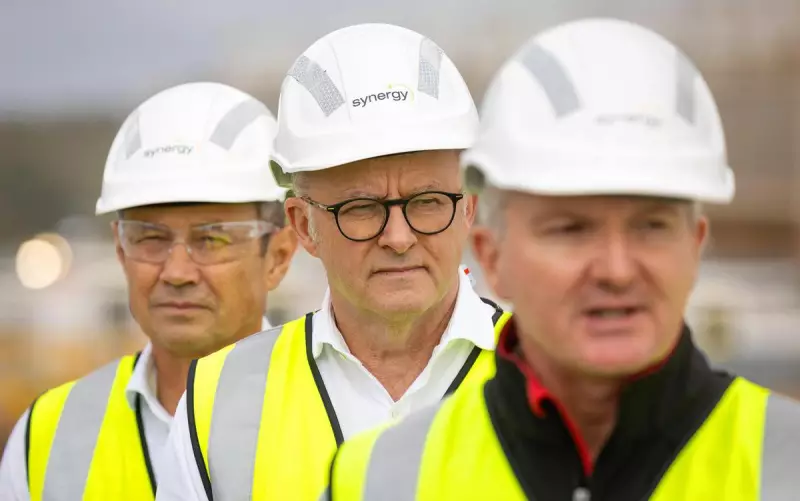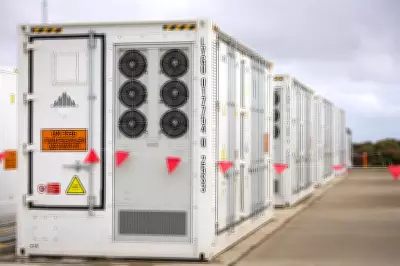
Australia's political landscape has been rocked by a controversial decision from Liberal MPs to shut down parliamentary debate about the nation's escalating energy crisis. The move comes as Australian households and businesses face unprecedented electricity price hikes that threaten economic stability.
Parliamentary Debate Silenced
In a dramatic parliamentary session, Liberal Party members effectively blocked discussion on what many are calling an absurd energy cost situation affecting millions of Australians. The decision prevents thorough examination of the government's current energy strategy, which critics argue contains fundamental flaws that could worsen the nation's power affordability crisis.
The blocked debate was intended to address growing concerns about soaring electricity bills that have left many families struggling to cover basic living expenses. Small business owners have reported energy costs becoming their second-highest expense after wages, creating unsustainable pressure on the Australian economy.
Flaws in Current Energy Strategy
Analysis of the government's energy policy reveals several critical weaknesses that could undermine Australia's transition to renewable energy. The current approach appears to lack comprehensive planning for energy reliability and affordability during the shift away from traditional power sources.
Industry experts point to inadequate investment in grid infrastructure and storage capacity as major concerns. Without proper backup systems and transmission upgrades, the renewable energy transition risks creating more problems than it solves, potentially leading to blackouts and even higher costs for consumers.
The government's timeline for replacing conventional power plants with renewable alternatives has also drawn criticism for being unrealistically accelerated, potentially compromising energy security during the transition period.
Economic Consequences for Australians
The decision to avoid debating these critical issues comes at a time when Australian households are experiencing direct financial pain from energy price increases. Recent data shows electricity bills have risen by approximately 20-30% across most states, with further increases projected for the coming year.
Manufacturing industries face particular challenges, with several major facilities considering relocation overseas due to unsustainable energy costs. This threatens thousands of Australian jobs and could have long-term consequences for the nation's industrial capacity.
Agricultural sectors are also feeling the pinch, with irrigation and processing costs escalating dramatically. Farmers report that energy expenses now represent one of their most significant operational burdens, affecting food production costs that eventually flow through to supermarket prices.
The political impasse over energy policy leaves Australian consumers and businesses in a precarious position, facing uncertain energy costs without clear parliamentary discussion about solutions or alternative approaches.





